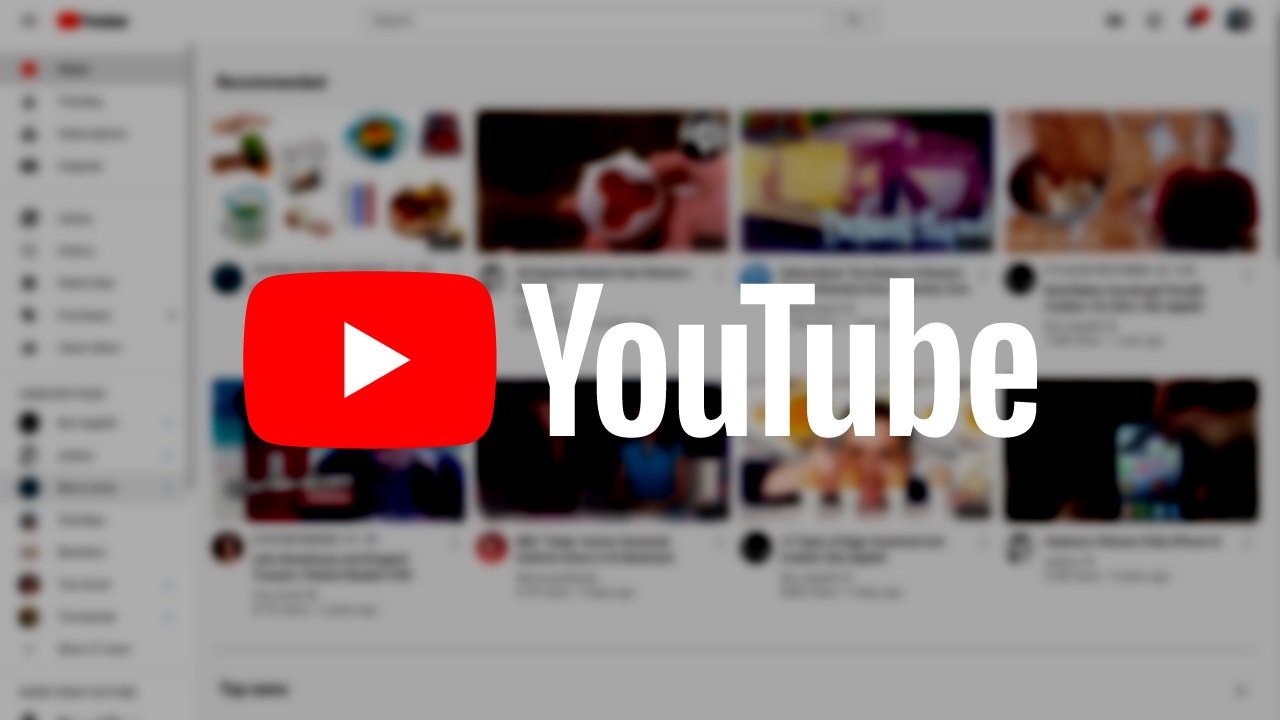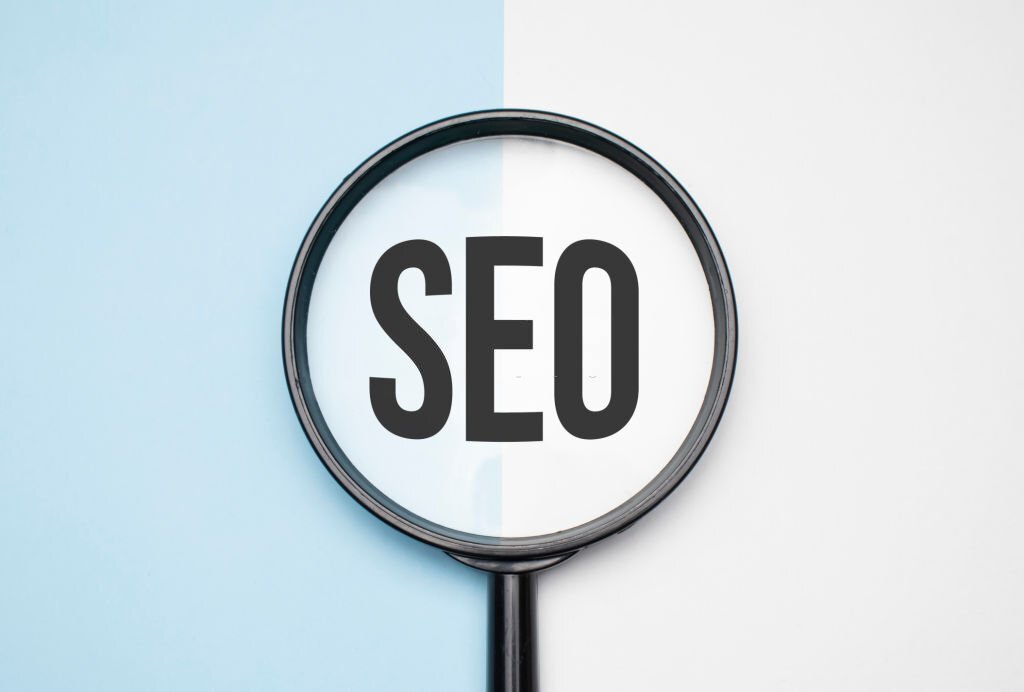Marketing on mobile and marketing on a website may look similar but are different. Given that both platforms describe the same services offered by a brand, one might wonder how different can promoting a website be from promoting a mobile app. They differ a great deal on user behavior, format, strategies, and customer funnel at large. Let us drill down into the difference between promoting your website and promoting a mobile app.
Format:
There is a big difference between the mobile app and the website in usage format. For starters, a website is a floating address on the web created by software developers that can be accessed by anyone who is browsing the internet. On the other hand, a mobile app needs to be downloaded manually from the app store.
The main aim of a website is to convert the visitors by using the provided CTA (Call-to-action) information on the same. For mobile apps, the first step is to get its customer to download the app. The next challenge is customer retention on the app. Mobile app marketing for customer engagement is comparatively more challenging since they have a limited scope of engaging customers using videos, images, GIFs, etc.
User Reach and Behaviour:
The reachability of a website is far more than that of a mobile app. Mobile applications can be downloaded on mobile devices and tablets equipped with the required app store. Web-Pages can be easily accessed on desktops and even on non-smart mobile devices with browsing facilities thanks to their dynamic software development process. On the app, the app ratings influence the user’s decision of downloading the app.
Websites don’t have to go through this scrutiny. Research shows that 80% of mobile activities are carried on the app, and the remaining 20%, over the web. The reason being the ease of use, smooth transaction, and a well-defined user interface designed by the software development company.
Marketing Efforts:
Promotion of a website and promotion of an app differs day and night. As mentioned above, the website is immediately available while an app user has to install the app, after which they can be engaged. Marketing is needed to drive the website user to conversion, which is the last stage. But, with the app, the customer must convert first, that is, he must install the app before engaging with it. They have already made up their mind for the first purchase. Retaining them after the purchase is the challenge.
The mobile app marketing funnel starts with awareness, followed by acquisition, activation, retention, revenue generation, and referral. Since the app is action-oriented, starting from the downloading of the app, the app’s marketing funnel moves faster and receives immediate actions. In contrast, the promotion on the website starts with awareness, followed by user interest, consideration, intent, evaluation, and finally, purchase. It is more organized and requires action only at the later stages(while making the purchase).
Optimization techniques:
There are several differences between the optimization technique of a website, called SEO (search engine optimization), and that of a mobile app, known as ASO (App store optimization). Apps are made eligible for the App store’s keyword searches based on the app’s page metadata. App store’s SERPs are more customized during the app development stage itself to attract user’s attention like a visually oriented icon, attention-grabbing screenshots, and branded keywords, titles, up to 4000 characters of text, and about 30-seconds video clips. ASO is concerned with organic downloads of the app, but optimizing the app to get its rank as high as possible in the app store. The App name and the subtitle have a limit of 30 characters in iOS, while the app name is 50 characters and the short description of 80 characters in Google Play.
Website SEO is more concerned with optimizing a web page to get the highest ranking possible in search engines to drive organic traffic to the site. Visuals play no role in SEO. Long-tail keywords, backlinks, content, mobile optimization during the web development stage, etc play a huge role in SEO and driving more organic traffic to the site. Besides, the KPIs in web & mobile marketing is different. For websites, we consider metrics like page view, bounce rate, average time on page, conversion rate, and even the page load time. For mobile, we consider install rate, churn rate, retention rate, daily active users, monthly active users, app ratings, etc.












Leave a Reply